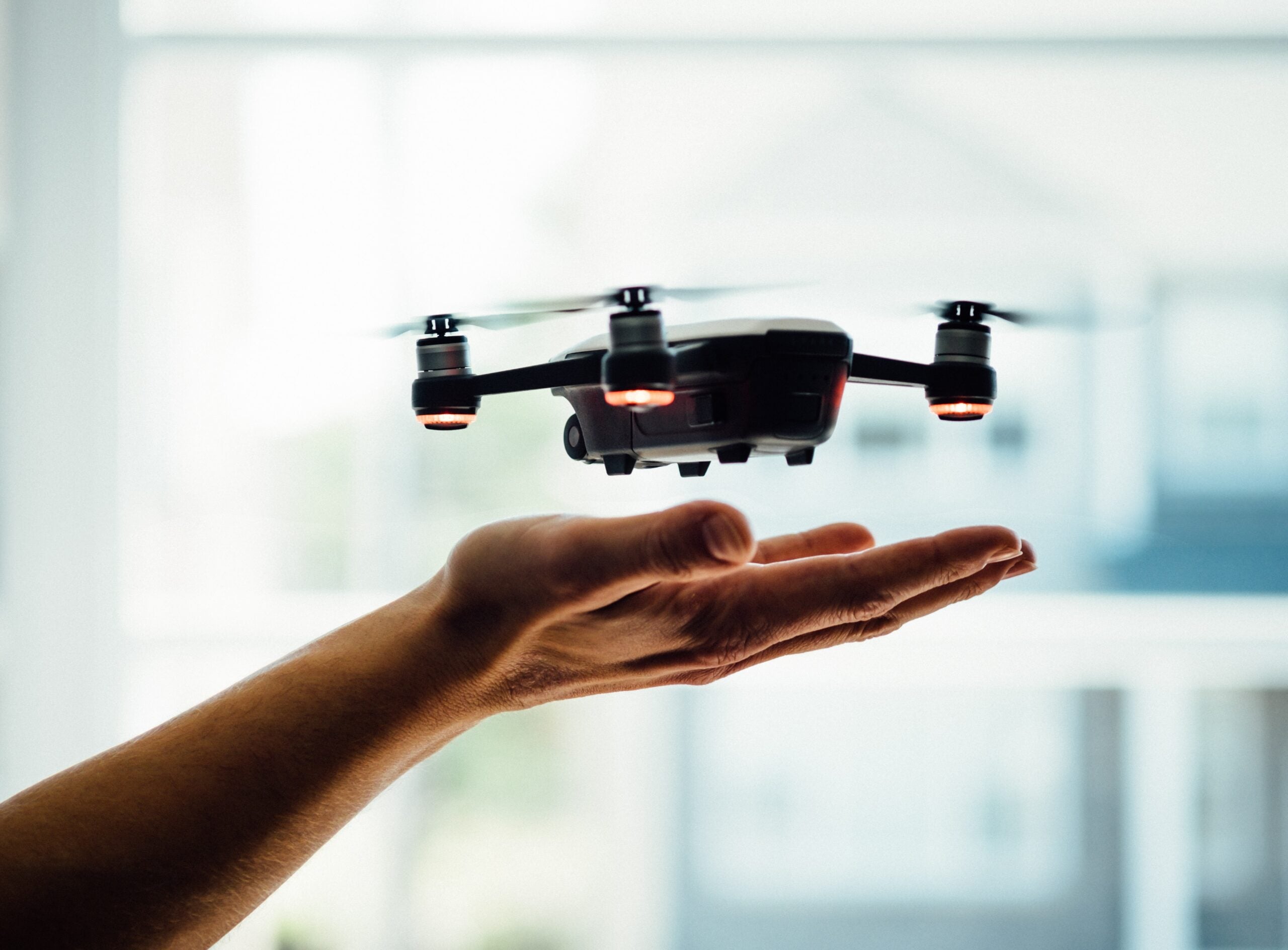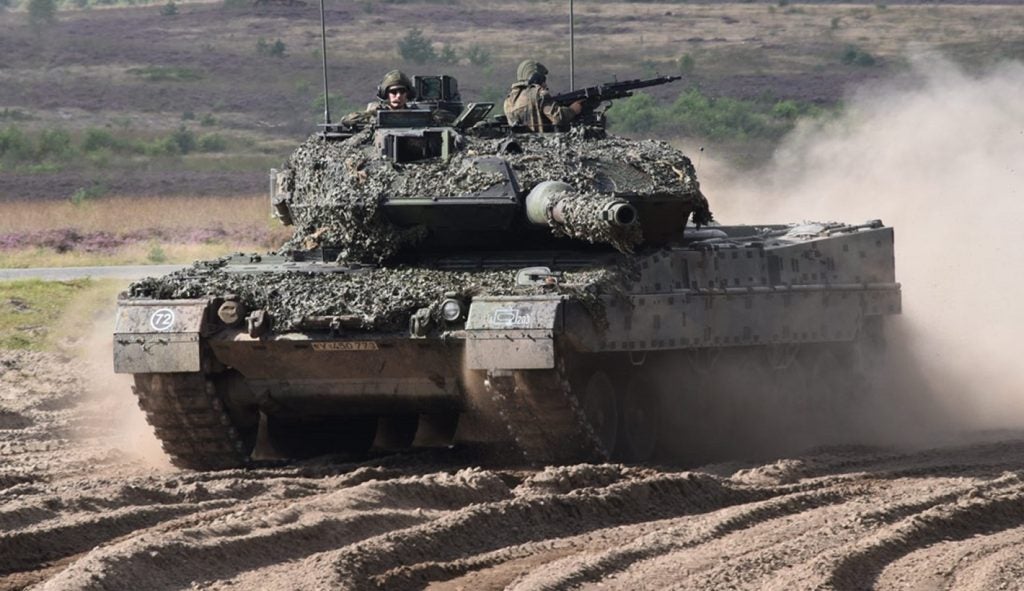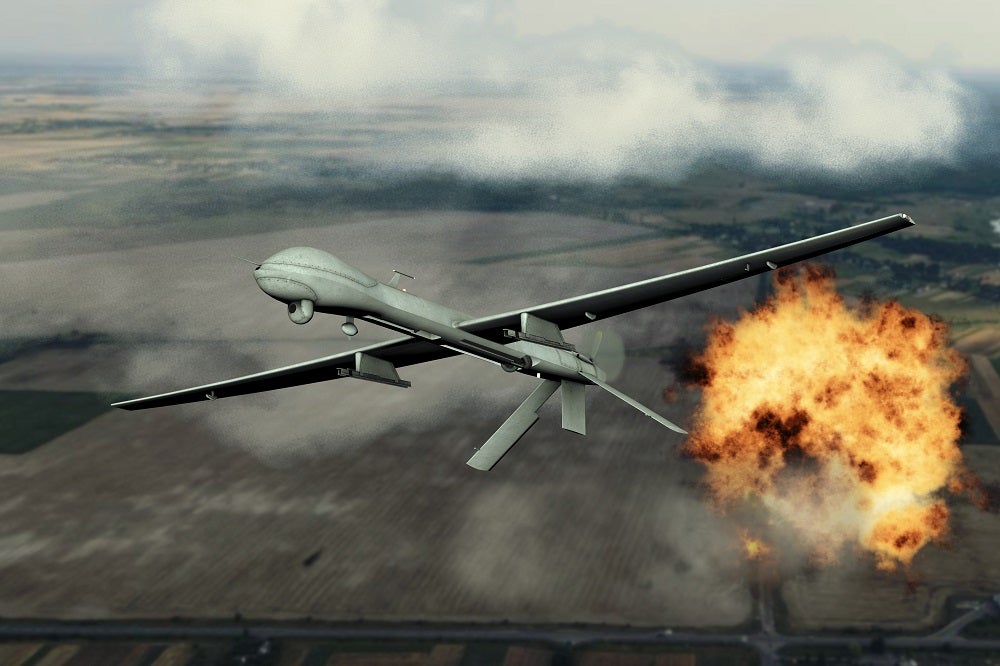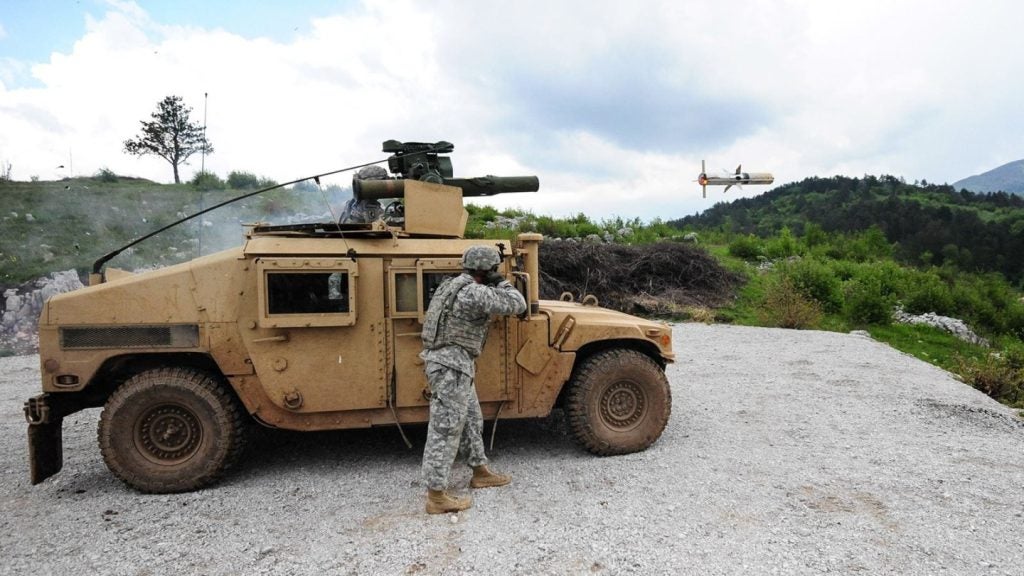
Robotic Research has secured a Small Business Innovation Research (SBIR) Phase II contract from the Defense Threat Reduction Agency (DTRA) in the US.
Under the two-year contract, the company will work to enhance the capacity of its Pegasus Mini hybrid uncrewed system. Work will include upgrading the system’s airframe, battery, and computing and sensing capabilities.
This comes as DTRA plans to add the Pegasus Mini system into the Modular Autonomous Counter-WMD, Increment B (MACS-B) programme.
Robotic Research Advanced Programs director George McWilliams said: “Early on, DTRA recognised how the warfighter could benefit from a hybrid unmanned system that both flies and drives.
“With their support, we created an initial Pegasus Mini prototype, and we now are advancing it further.”
Pegasus Mini is a member of the Pegasus family of autonomous robotic systems. It weighs just 4lb and can fit into a rucksack.
How well do you really know your competitors?
Access the most comprehensive Company Profiles on the market, powered by GlobalData. Save hours of research. Gain competitive edge.

Thank you!
Your download email will arrive shortly
Not ready to buy yet? Download a free sample
We are confident about the unique quality of our Company Profiles. However, we want you to make the most beneficial decision for your business, so we offer a free sample that you can download by submitting the below form
By GlobalDataAccording to the Robotic Research website, Pegasus Mini was developed as a situational awareness tool. However, the system can carry small payloads and operate in GPS-denied environments.
It has an endurance of 30 minutes in flight mode and can operate for two hours when on ground.
McWilliams added: “Pegasus Mini can fly into three-storey windows. It can perch and stare. It can autonomously navigate, explore and map enemy tunnel systems.
“We see it as being a critical element in DTRA’s family of robotic systems as well as a powerful tool in the hands of other users.”
The SBIR Phase II is set to end in June 2023.







